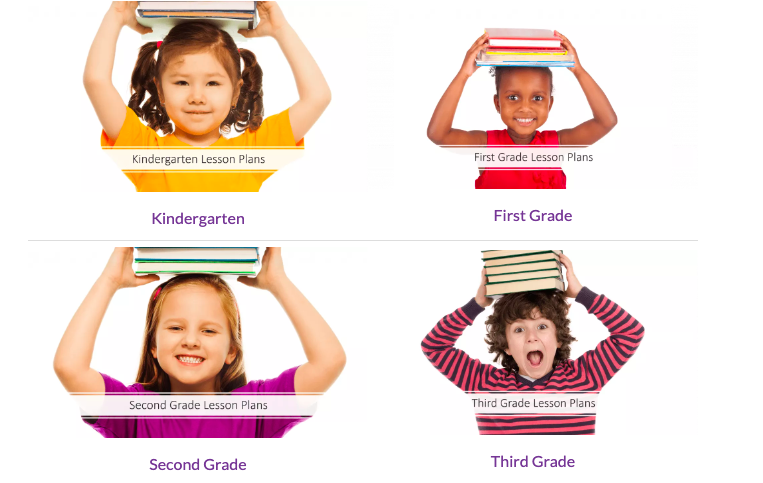Library lessons are an essential component of the elementary school curriculum. They provide students with opportunities to develop important skills such as reading, critical thinking, and research. However, planning for these lessons can often be a time-consuming and daunting task for educators. In this article, we will explore five reasons why planning for library lesson plans is worth the effort and how it can benefit both students and educators.

1. Fostering a Love for Reading
One of the primary reasons for planning library lessons is to foster a love for reading in students. By carefully selecting materials and activities that engage students, educators can help students discover the joy of reading. This can be achieved through read-aloud, book clubs, and other engaging activities that encourage students to read for pleasure.
2. Developing Critical Thinking and Information Literacy Skills
Library lessons also provide opportunities for students to develop critical thinking and information literacy skills. By teaching students how to evaluate information, identify reliable sources, and analyze information to form their own opinions, educators can help prepare them to navigate the information-rich world we live in. These skills are essential for making informed decisions and forming independent judgments.
3. Supporting Classroom Instruction
Library lessons can also support classroom instruction by providing resources and materials that align with the curriculum. By collaborating with classroom teachers, librarians can create lesson plans that complement classroom instruction, reinforcing key concepts and providing additional learning opportunities for students. This can enhance student engagement and lead to improved academic performance.
4. Personalized Learning Opportunities
Library lessons can also provide personalized learning opportunities for students. By tailoring lesson plans to individual student interests and learning styles, educators can create a more engaging and effective learning environment. This can lead to increased motivation and enthusiasm for learning, as well as improved academic performance.
5. Preparation for Future Success
Finally, planning for library lessons can help prepare students for future success. By developing important skills such as critical thinking, information literacy, and research, students are better equipped to navigate the challenges of higher education and the workforce. These skills are essential for success in the 21st century and can help students achieve their goals and reach their full potential.
Conclusion:
Planning for library lessons is an important component of the elementary school curriculum. It can foster a love for reading, develop critical thinking and information literacy skills, support classroom instruction, provide personalized learning opportunities, and prepare students for future success. By dedicating time and effort to planning quality library lessons, educators can create a dynamic and engaging learning environment that promotes student success.








